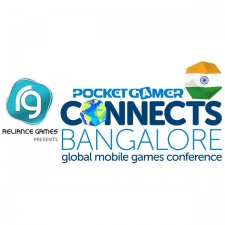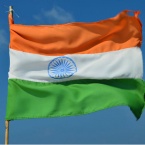Last week, Pocket Gamer Connects packed its bags, picked its sunscreen, and hopped on a plane to Bangalore for the first mobile games conference of its kind in India.
With a strong history in IT outsourcing, perhaps it shouldn't have been a surprise to see the talent of the nascent mobile game development community that's growing in India.
Certainly their enthusiasm, combined with the expertise provided by a speakers' list including the likes of Rovio's Peter Vesterbacka, indie guru Mike Bithell, and Zeptolab CEO Misha Lyalin, not to forget representatives from Google, Unity, Bossa Studios, Disney and Ubisoft, created a fascinating two day experience.
So, without further ado, we've put together a rundown of the key things you need to know about the Indian mobile games market, and what we learned from our two days in Bangalore.
Click here to view the list »

















